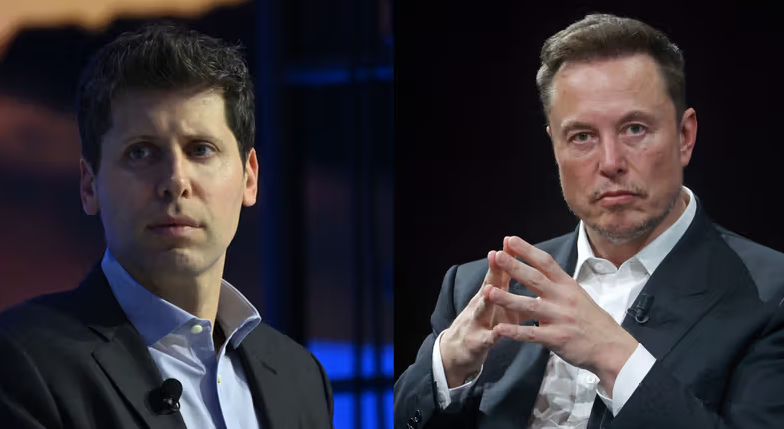|
Getting your Trinity Audio player ready...
|
Elon Musk has made headlines yet again, this time with an audacious $97 billion bid to regain control of OpenAI, the AI startup he co-founded with Sam Altman. While the offer was swiftly rejected, the move has sparked intense speculation about Musk’s motives and the future of AI under the Trump administration.
Is this a genuine attempt to shape the future of AI, or just another stunt in Musk’s ongoing rivalry with Altman?
The Bid That Shook the AI World
Musk’s unsolicited $97 billion offer for OpenAI was met with a swift “no thank you” from Sam Altman, who now leads the company. Despite the rejection, the bid has raised eyebrows across the tech industry. Why would Musk go through the hassle of assembling investors, hiring lawyers, and issuing a press release for what seems like a doomed attempt?
The answer lies in the complex dynamics of power, competition, and control in the AI industry.
Musk’s Motives: More Than Meets the Eye
While Musk’s bid may appear to be a publicity stunt, experts suggest there are deeper motives at play:
- Slowing Down Altman:
By publicly valuing OpenAI at $97 billion, Musk has potentially complicated Altman’s efforts to transition OpenAI from a nonprofit to a for-profit entity. This move raises the floor for OpenAI’s valuation, making it harder for Altman to negotiate with investors. As Altman told Bloomberg TV:
“I wish he would just compete by building a better product.”
- Controlling the Future of AI:
Musk has long been vocal about the risks of unregulated AI. If successful, his bid would allow him to merge OpenAI with his own xAI lab, creating a dominant force in the AI industry. This aligns with his broader vision of shaping AI development under minimal regulatory oversight.
The Trump Administration’s Role
Musk’s maneuvering comes amid a favorable political climate. The Trump administration, led by Vice President JD Vance, has championed a deregulatory approach to AI. At the recent AI summit, Vance warned that excessive regulation could stifle innovation, stating:
“AI is an opportunity that the Trump administration will not squander.”
This stance aligns with Musk’s aversion to regulatory oversight, giving him more freedom to pursue his ambitions in the AI space.
The Bigger Picture: Competition vs. Consolidation
The Musk-Altman feud highlights a critical debate in the AI industry:
- Competition: A healthy rivalry between tech giants can drive innovation and benefit consumers.
- Consolidation: Allowing one entity to dominate the AI landscape could lead to unchecked power and stifle progress.
As AI researcher Gary Marcus noted:
“The new administration will do everything in its power to protect businesses, and nothing to protect individuals.”
What’s Next for OpenAI and the AI Industry?
Musk’s bid may have failed, but the fallout is far from over. Key questions remain:
- Will Musk continue to pursue OpenAI or focus on his xAI lab?
- How will Altman navigate the pressure to transition OpenAI to a for-profit model?
- What role will the Trump administration play in shaping AI regulation—or the lack thereof?
Conclusion:
Elon Musk’s $97 billion bid for OpenAI is more than just a headline-grabbing stunt—it’s a strategic move in the high-stakes game of AI dominance. As Musk and Altman vie for control, the future of AI hangs in the balance. Will competition drive innovation, or will consolidation lead to unchecked power? Only time will tell.
